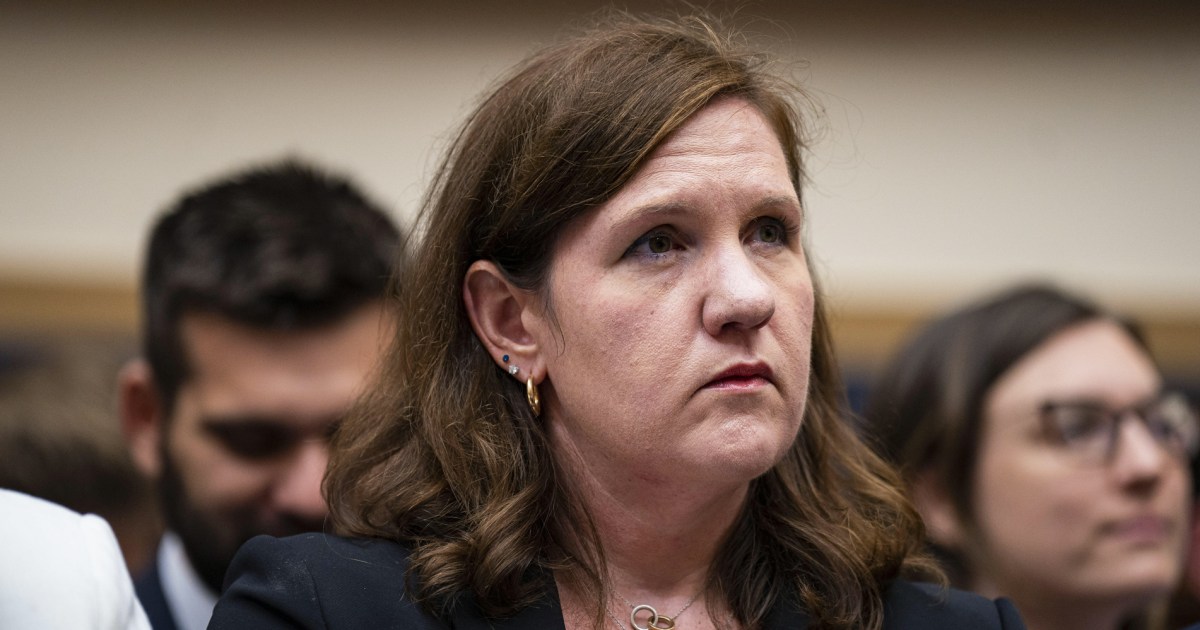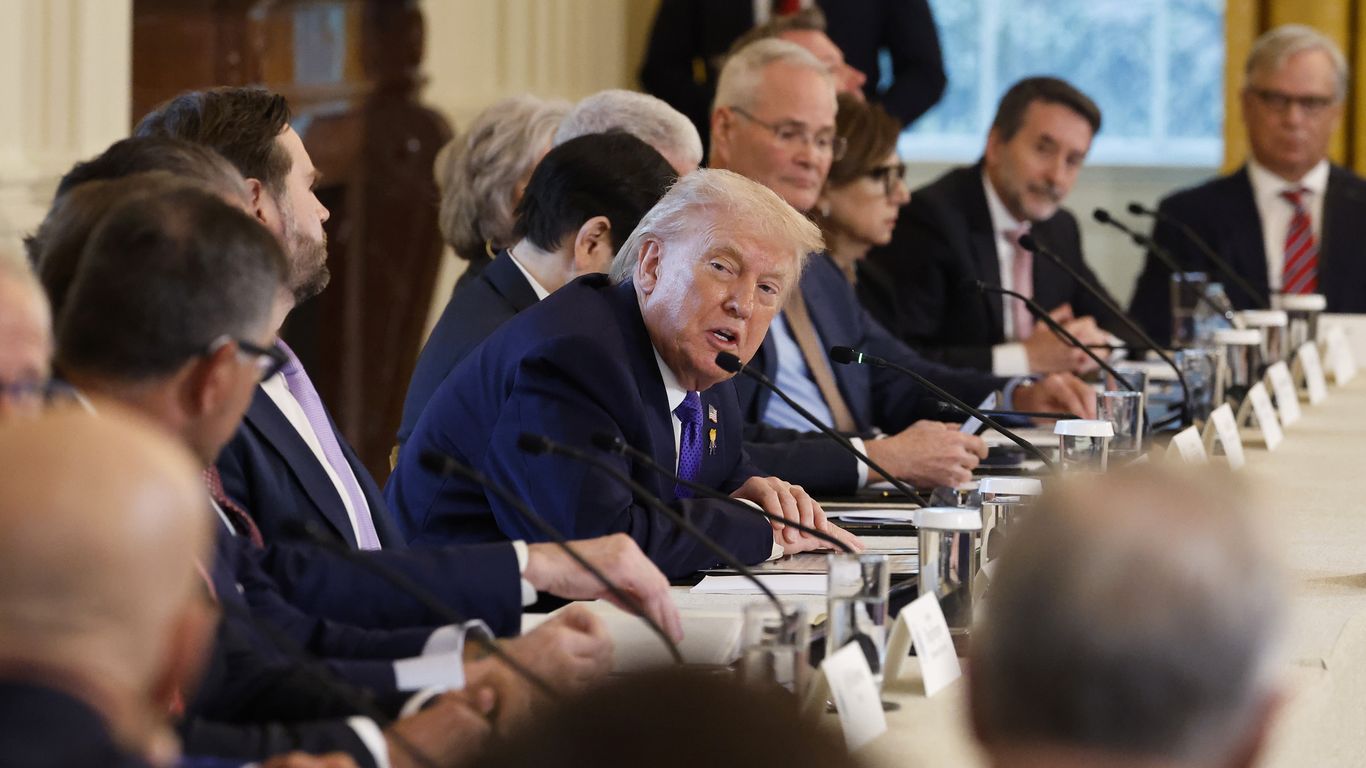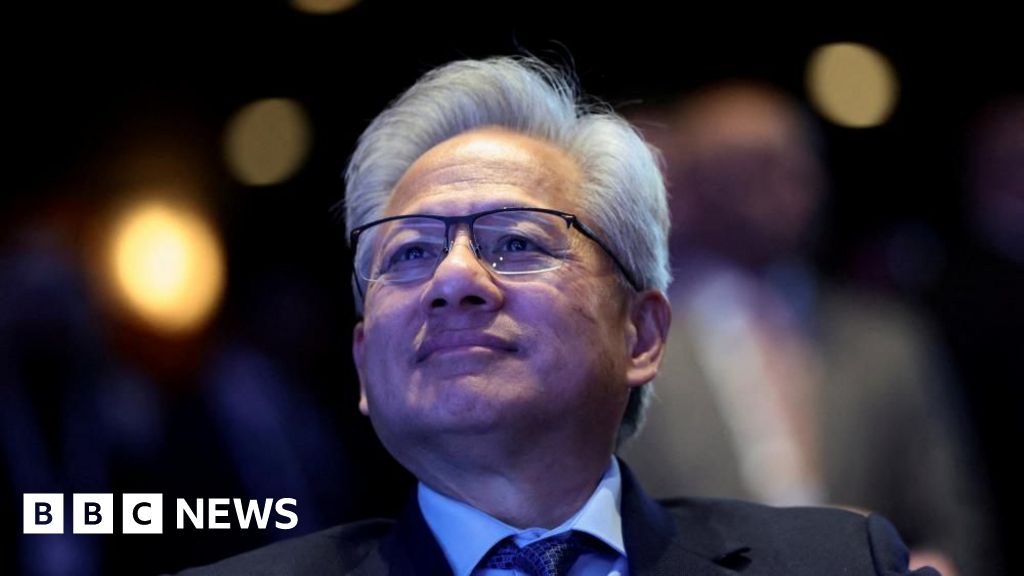FTC Files Lawsuit Against Ticketmaster and Live Nation

Introduction
The Federal Trade Commission (FTC) has filed a lawsuit against Ticketmaster and its parent company, Live Nation, for allegedly engaging in illegal resale tactics. The lawsuit was filed on Thursday and accuses the company of deceiving consumers about ticket prices and collaborating with scalpers to increase resale prices.
Key Details
The FTC's complaint states that Ticketmaster not only allows scalpers to purchase tickets in bulk, but also provides them with special software to help them resell tickets at inflated prices. This practice not only harms consumers, who end up paying more for tickets, but also damages the live event industry as a whole.
According to the FTC, Ticketmaster's actions violate the Better Online Ticket Sales (BOTS) Act, which prohibits the use of software to purchase tickets in excess of the limit set by the event organizer. This is not the first time Ticketmaster has faced legal action for its resale practices, with a class-action lawsuit being settled in 2016 for $16.5 million.
Impact
The outcome of this lawsuit could have a major impact on the live event industry and the ticket resale market. If Ticketmaster is found guilty, it could face significant fines and potentially be forced to change its business practices. This could lead to fairer ticket prices for consumers and a more transparent ticketing system.
About the Organizations Mentioned
Federal_Trade_Commission
## Overview of the Federal Trade Commission The **Federal Trade Commission (FTC)** is a pivotal independent agency of the U.S. government, established in 1914 by the Federal Trade Commission Act. Its primary mission is to protect consumers and promote fair competition in the U.S. economy by enforcing civil antitrust laws and consumer protection regulations. ### History and Structure Created in response to the late 19th-century monopolistic trust crisis, the FTC is composed of five commissioners appointed by the President and confirmed by the Senate, each serving a seven-year term. No more than three commissioners can belong to the same political party, ensuring bipartisan oversight. The FTC is headquartered in Washington, D.C., and includes bureaus for Competition, Consumer Protection, and Economics[1][3][4]. ### Key Responsibilities - **Consumer Protection**: The FTC investigates and prevents unfair, deceptive, or fraudulent practices. It educates consumers and businesses about legal rights and responsibilities. - **Competition Promotion**: The FTC enforces antitrust laws, preventing anticompetitive practices and reviewing mergers that could harm competition[2][5]. ### Key Achievements and Current Status The FTC has been instrumental in challenging mergers and enforcing consumer protection laws. Notably, it filed a complaint that led to Nvidia abandoning its proposed acquisition of Arm in 2021[6]. Currently, the FTC continues to evolve with technological advancements, addressing issues related to AI and digital privacy[6][7]. ### Notable Aspects - **Jurisdiction**: The FTC shares jurisdiction with the Department of Justice for enforcing antitrust laws. - **Enforcement**: It administers over 70 laws, including the Clayton Act and the Federal Trade Commission Act[5]. - **Education and Research**: The FTC engages in public outreach, research, and rulemaking to ensure fair market practices[6][7]. In summary, the FTC plays a crucial role in safeguarding U.S. consumers and promoting fair competition, making it
Ticketmaster
Ticketmaster, founded in 1976 and headquartered in Beverly Hills, California, is a global leader in ticket sales and distribution for live entertainment events, including concerts, theater, and sports across 20+ markets worldwide. It operates as a subsidiary of Live Nation Entertainment, providing a platform that connects event organizers—venues, promoters, and artists—with consumers, enabling secure and authentic ticket purchases[1][2]. Its **business model** is B2B2C: Ticketmaster partners with event organizers (B2B) who use its technology and services to sell tickets directly to fans (B2C). This includes primary ticket sales and a secondary marketplace via TicketExchange, where fans can buy and resell tickets, often at premium prices. Ticketmaster generates revenue mainly through service fees and convenience charges added to ticket prices, as well as commissions from secondary market sales and B2B services like marketing support and analytics[1][2]. A key factor in Ticketmaster’s dominance was its innovative approach to venue relationships. Unlike its predecessor Ticketron, which charged venues fees, Ticketmaster flipped this model by paying venues a share of service fees in exchange for exclusive ticketing rights. This strategy, supported by financial advances to venues, secured its market foothold and led to Ticketron’s acquisition in 1991[3][4]. Ticketmaster is also notable for its technological innovations, including user-friendly interfaces, mobile ticketing, advanced security to combat fraud, and dynamic pricing strategies that adjust ticket prices based on demand and other factors. It continuously invests in programmatic advertising and marketing solutions tailored to clients’ goals to drive ticket sales and maximize ROI[2][5][7]. Currently, Ticketmaster leverages extensive fan data and partnerships—including integration with platforms like TikTok for direct ticket sales in over 20 countries—to expand its reach and optimize the live event experience. Its managed services help clients increase ticket sales, improve lead generation, and enhance fan engagement with real-time digital tools and analytics
Live_Nation
## What Live Nation Does Live Nation Entertainment is the world’s largest live entertainment company, operating at the intersection of concerts, festivals, ticketing, and venue management[1][3]. The company not only promotes live events globally but also owns and operates hundreds of venues and manages ticketing through its subsidiary, Ticketmaster. This vertical integration means Live Nation controls every step of the live event experience—from artist booking and venue operation to ticket sales and fan engagement[1][5]. ## History and Evolution Live Nation’s roots trace back to SFX Entertainment, founded in 1996 by media entrepreneur Robert F. X. Sillerman[2][3]. SFX specialized in event promotion and venue operation before being acquired by Clear Channel Communications in 2000 for $3 billion. In 2005, Clear Channel spun off its live entertainment division, which was rebranded as Live Nation and became an independent, publicly traded company[2][4]. A pivotal moment came in 2009, when Live Nation merged with Ticketmaster—the leading ticketing platform—to form Live Nation Entertainment[2][3]. This merger created a powerhouse that could offer end-to-end services in the live events industry, solidifying its dominance through both concert promotion and ticketing[4][5]. ## Key Achievements and Growth Live Nation has grown through aggressive acquisitions and global expansion, including the purchase of major festival promoters and venue operators[1][4]. For example, it acquired Founders Entertainment (producers of the Governors Ball Music Festival) and partnered with regional promoters to expand its footprint. The company’s portfolio now includes contracts with over 400 artists, ownership of 377 venues, and distribution of more than 620 million tickets annually[5]. Despite challenges—such as an 84% revenue drop during the COVID-19 pandemic in 2020—Live Nation rebounded strongly as live events resumed, leveraging digital innovations and new revenue streams[1][













